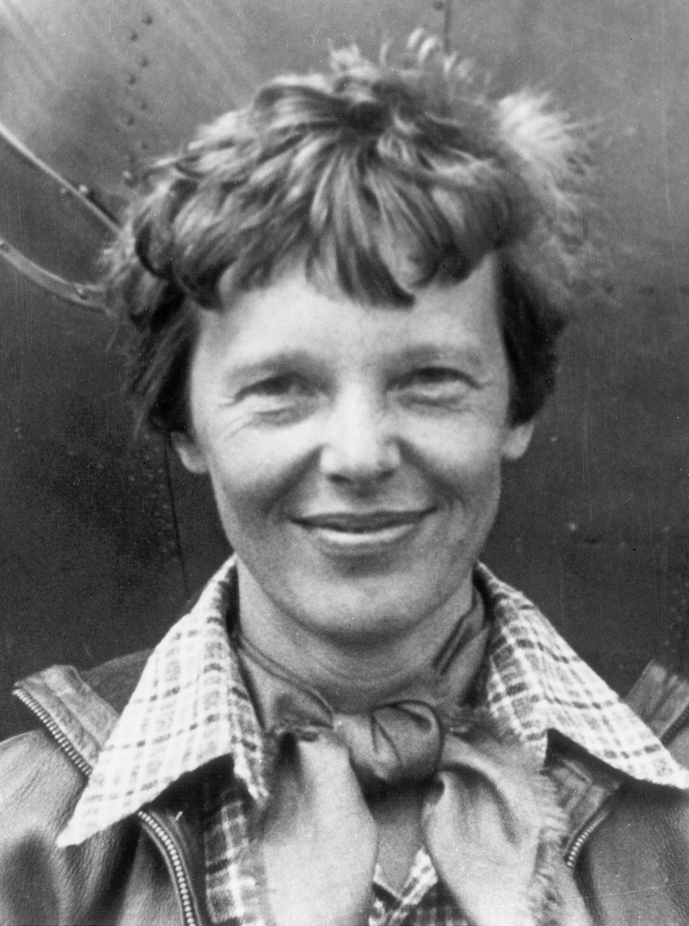
Could a faint, elongated blur in a remote lagoon finally end one of aviation’s greatest mysteries? For nearly nine decades, Amelia Earhart’s disappearance has fueled rival theories, inspired countless expeditions, and captured the public imagination. A satellite image of Nikumaroro Island’s lagoon, dubbed the Taraia Object, has ignited a fresh wave of hope and competition among researchers.
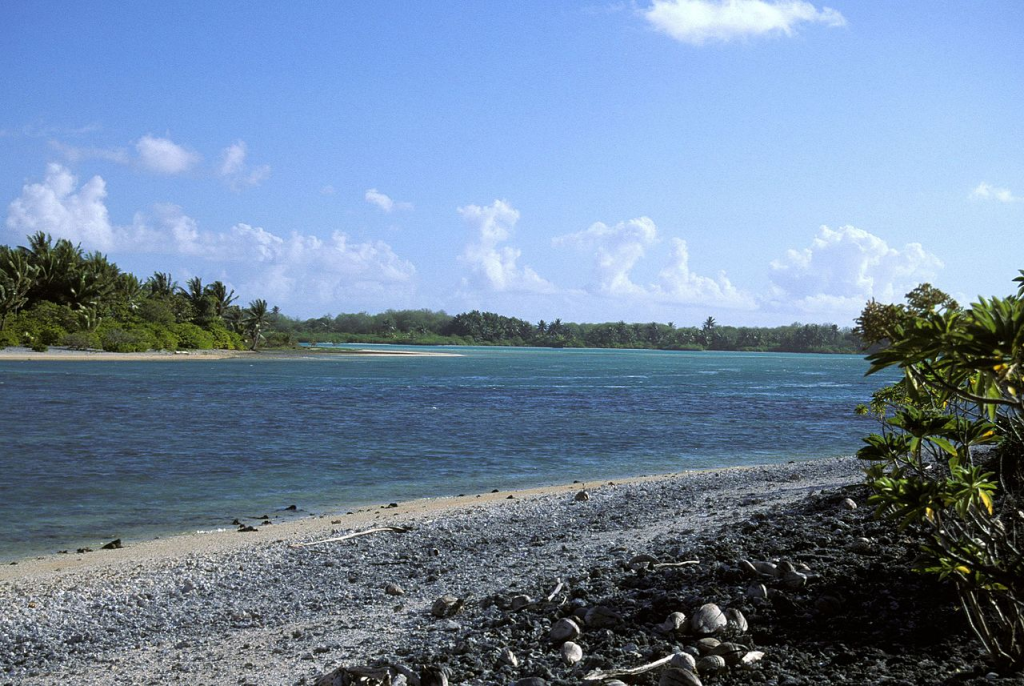
1. A Backyard Discovery That Launched a Global Quest
In 2020, U.S. Navy veteran Mike Ashmore was casually scrolling through Apple Maps from his home in California when something unusual caught his eye in Nikumaroro’s lagoon. “I was sitting on a swing in the morning having coffee with my dog. and something caught my eye,” he recalled. It looked like an airplane wing. He sent the screenshot to members of The International Group for Historic Aircraft Recovery; spirited debate followed-some saw a possible plane part, others a washed-up tree.
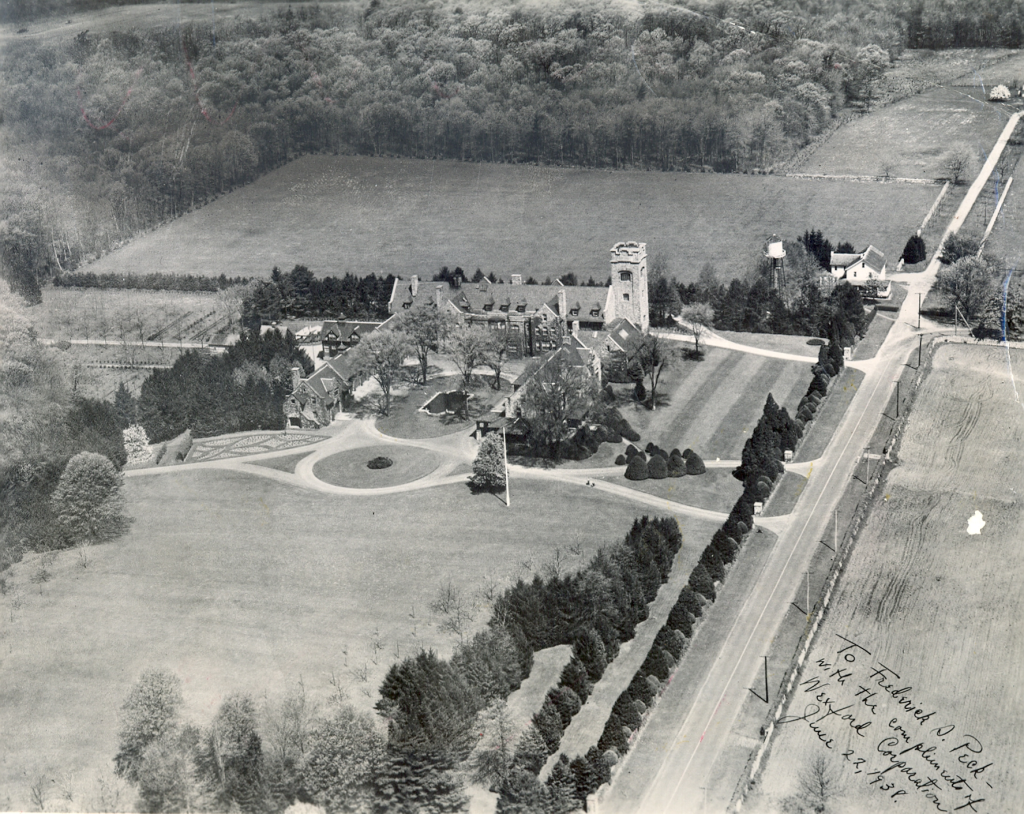
2. Historical Footprint of the Taraia Object
According to Archaeologist Rick Pettigrew, executive director of the Archaeological Legacy Institute, the anomaly has appeared in aerial photos dating back to 1938-just a year after Earhart vanished. “With the evidence that we have now, it would be a crime for nobody to go there and look,” he said. His team, along with Purdue University, plans to investigate using sonar, magnetometers, and a hydraulic dredge to determine whether the object is, in fact, part of Earhart’s Lockheed 10E Electra.
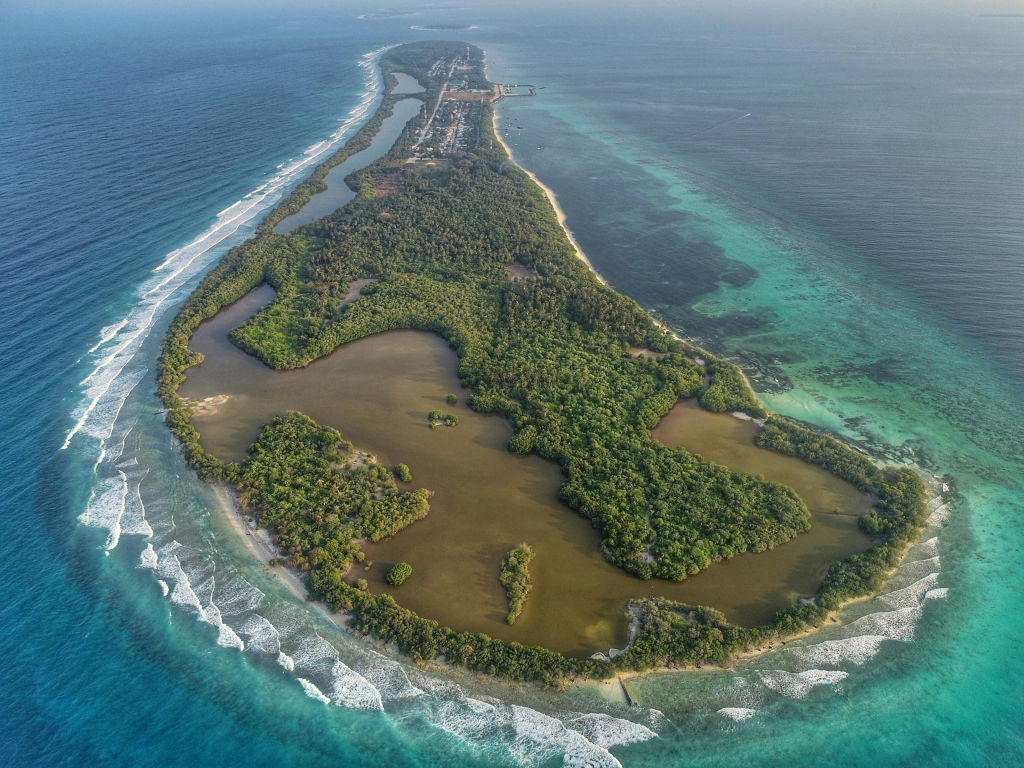
3. Nikumaroro vs. Howland: The Rival Hypotheses
The Nikumaroro castaway hypothesis holds that Earhart landed on the reef of the island after not being able to locate Howland Island, sent out distress calls, and then died from thirst or hunger. These findings have been supported over the years by various artifacts, which include a woman’s compact, a sextant box, and bones that were later analyzed as possibly female. The official position of the US government, however, supported by numerous ocean searches, is that Earhart ran out of fuel and crashed near Howland Island. Maine-based Nauticos will be undertaking its fourth deep-sea search, guided by refined radio signal analysis.
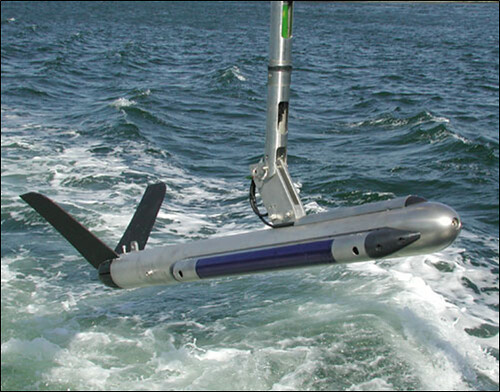
4. Role of Technology in Modern Aviation Archaeology
Advances in satellite imagery and sonar have transformed the hunt for lost aircraft. Nauticos will deploy four autonomous underwater vehicles, taking advantage of longer battery life and sharper resolution in their sonar images, to scan the ocean floor. Pettigrew’s team will use high-resolution imaging with magnetometry to prospect for metallic anomalies prior to excavation.
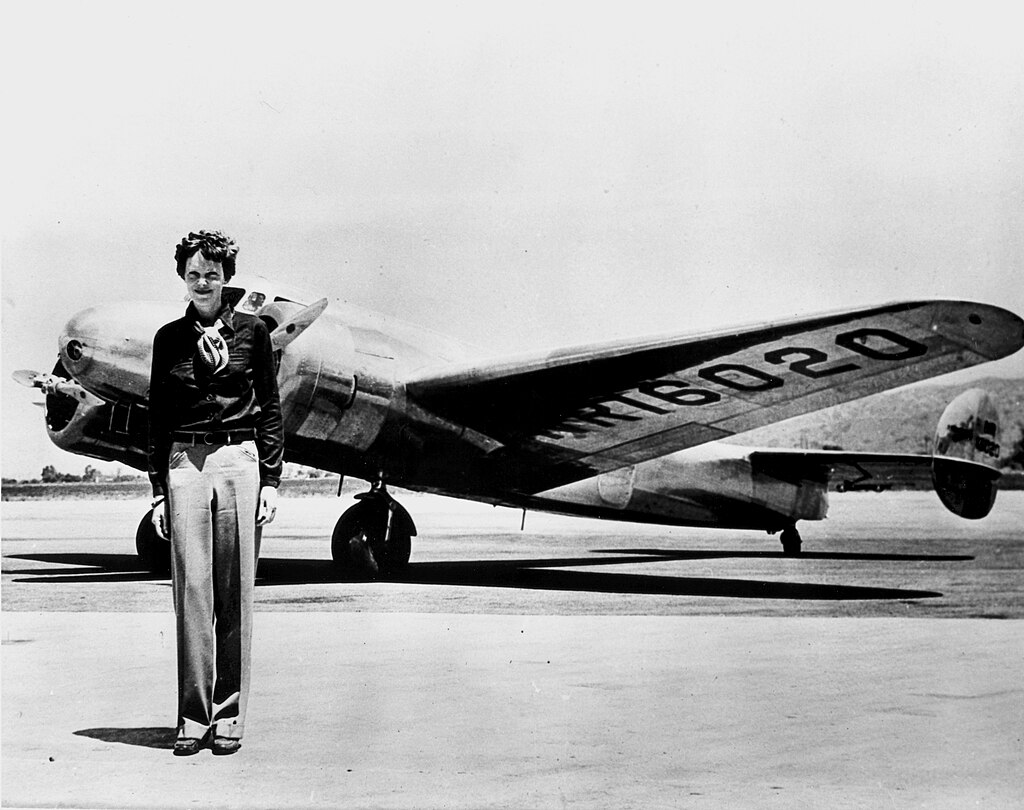
5. The Enduring Psychological Pull of the Mystery
Yet the story of Earwit is as much about courage and exploration as it is about history. “She represents trying your best in spite of the odds, and doing things that other people dare not to do,” said Dave Jourdan, president of Nauticos. That search for the solution to her fate offers a connection with that spirit, pulling in veteran researchers and casual enthusiasts alike, such as Ashmore.

6. Political Ripples and Renewed Public Interest
President Donald Trump’s recent order to declassify all government records related to Earhart revitalized public interest, though experts caution that most relevant documents have long been released. Historian Laurie Gwen Shapiro noted, “It’s 99.9% that she ran out of gas,” yet acknowledged the allure of alternative narratives. The announcement has nonetheless energized communities dedicated to solving the mystery.
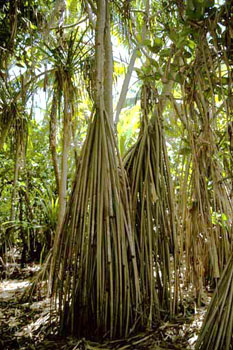
7. Scepticism within the Nikumaroro camp
Even proponents of the island theory disagree among themselves. Ric Gillespie of TIGHAR believes the Taraia Object is a pandanus tree and not aircraft wreckage, and he maintains the Electra was destroyed in surf shortly after landing. “Everybody wants the airplane. The airplane is gone,” he said, though he still believes Earhart spent her final days on Nikumaroro.
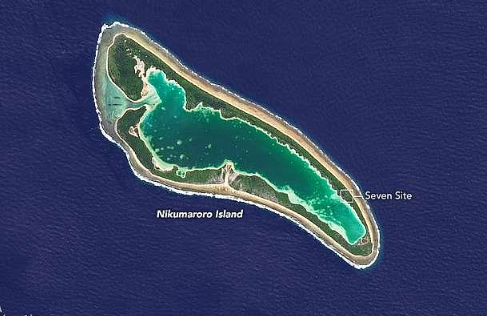
8. The Stakes of Upcoming Expeditions
Pettigrew’s team will spend five days on Nikumaroro documenting and analyzing the object, then attempting recovery. Meanwhile, Nauticos hope to seal an end on the Howland search area when funds become available. Either of these expeditions could yield a groundbreaking discovery-or rule out long-held theories.
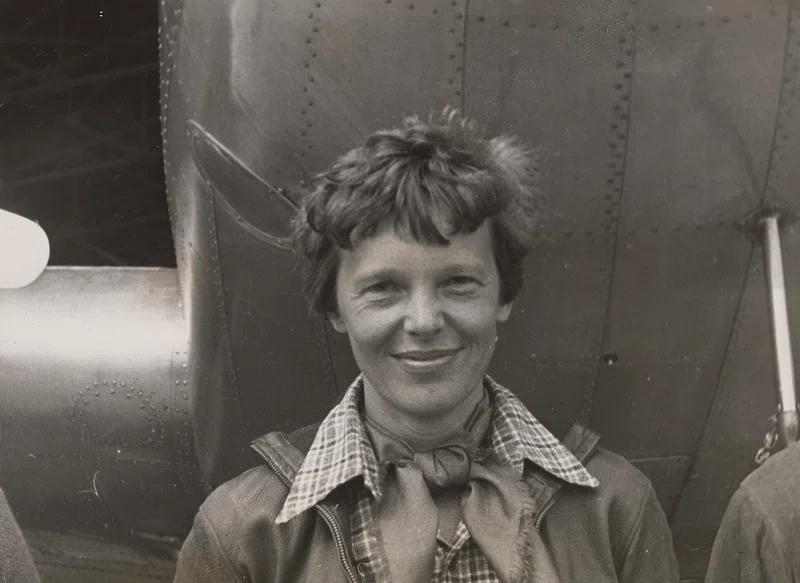
9. Why This Mystery Endures
The disappearance of Earhart melds adventure and tragedy and unanswerable questions in a way that few historical events do. Every new lead a blurry satellite image, a refined sonar scan presents the tantalizing possibility of closure. For Ashmore, the search is personal: “You can call this my hobby I’m going to continue. Someone is going to find her.”
The Taraia Object may prove to be nothing more than a tree, or it could be the fragment that rewrites history. In any case, the race to find the truth means Amelia Earhart’s story will continue to captivate and inspire for generations to come.


